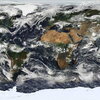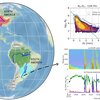
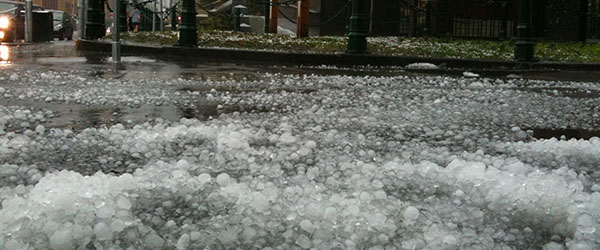
Increasingly, it is recognized that our society and our well-being significantly depends on weather and climate. Beyond our personal reliance on accurate predictions of weather in our daily lives, weather can impact the cost and availability of goods and services across many sectors of the economy from food production, to energy and transportation. On longer timescales, changes in climate associated with natural climate variability as well as human impacts on the climate system affect societal vulnerability and many aspects of our economy including the price of insurance, the design of coastal cities, and engineered resilience to storms and weather extremes. Increasingly, the public and private sector is realizing these impacts on the cost to provide services and the ability and costs of doing business. Currently, there is a significant investment in research in these fields, one of the fastest growing sectors of employment in the atmospheric sciences.
Our students work with historical and projected weather and climate data and climate model output, advanced statistical and numerical models, and economic models to analyze past changes and impacts of high impact weather, climate variability, and impacts. They use tools such as Geographic Information Systems (GIS) to assess the impact of high impact weather on infrastructure and the economy. They use statistical-dynamical models to analyze relationships between climate change and extreme events, such as tropical cyclones, heat waves, drought, and severe weather outbreaks. They visit a variety of organizations (e.g., the Chicago Board of Trade, agriculture and energy traders, and transportation service companies) to understand weather and climate vulnerabilities and the economic impacts of weather and changes in climate on our economy. Will you have the savvy to navigate and understand the weather and climate system and use that knowledge to improve societal resilience or help companies and/or governments to make smarter decisions to mitigate and adapt to weather and climate risk?
Faculty working in Weather and Climate Risk

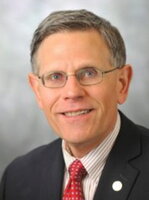
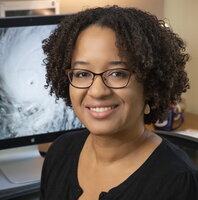

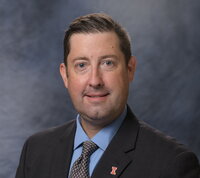



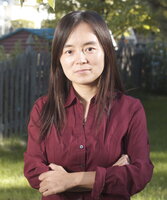

Related News
- The world of weather and climate science is undergoing a significant transformation, driven by the rapid advancement of artificial intelligence and set against a challenging federal funding...
- CHAMPAIGN, Ill. — On Tuesday, President Trump’s administration proposed revoking the U.S. Environmental Protection Agency’s “endangerment finding,” a 2009 scientific finding that underpins U.S....
- As Larry Di Girolamo stood at Vandenberg Air Force Base in December 1999, he was a relatively new professor in what would become...
- The Department of Atmospheric Sciences has a new name: The Department of Climate, Meteorology, & Atmospheric Sciences (CliMAS). The name change was approved by the University of Illinois Board of...
- Prof. Deanna Hence has been named a Lincoln Excellence for Assistant Professor (LEAP) Scholar within the College of Liberal Arts & Sciences. This distinguished award recognize’s Prof. Hence’...
- Balloon launches are typically the stuff of birthday parties and photo opps unless you’re an atmospheric scientist trying to gather storm data in tandem with NASA research planes navigating their way...
- SEP 13, 2021 10:00 AM BY LOIS YOKSOULIAN | PHYSICAL SCIENCES EDITOR A new, location-specific agricultural greenhouse gas emission study is the first to account...
Related Content
- Brand new to the Orange and Blue is Maile Sasaki, starting her first year as a grad student in Atmospheric Sciences. As she begins this latest journey, we wanted to get to know her as...
- Overview Through the Online Master's Degree in Weather and Climate Risk and Data Analytics Program, students already working in the atmospheric...
- Overview The Online Graduate Certificate in Weather and Climate Risk and Data Analytics Program is an excellent micro-credential for those...


